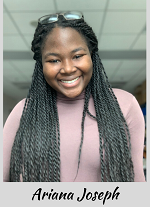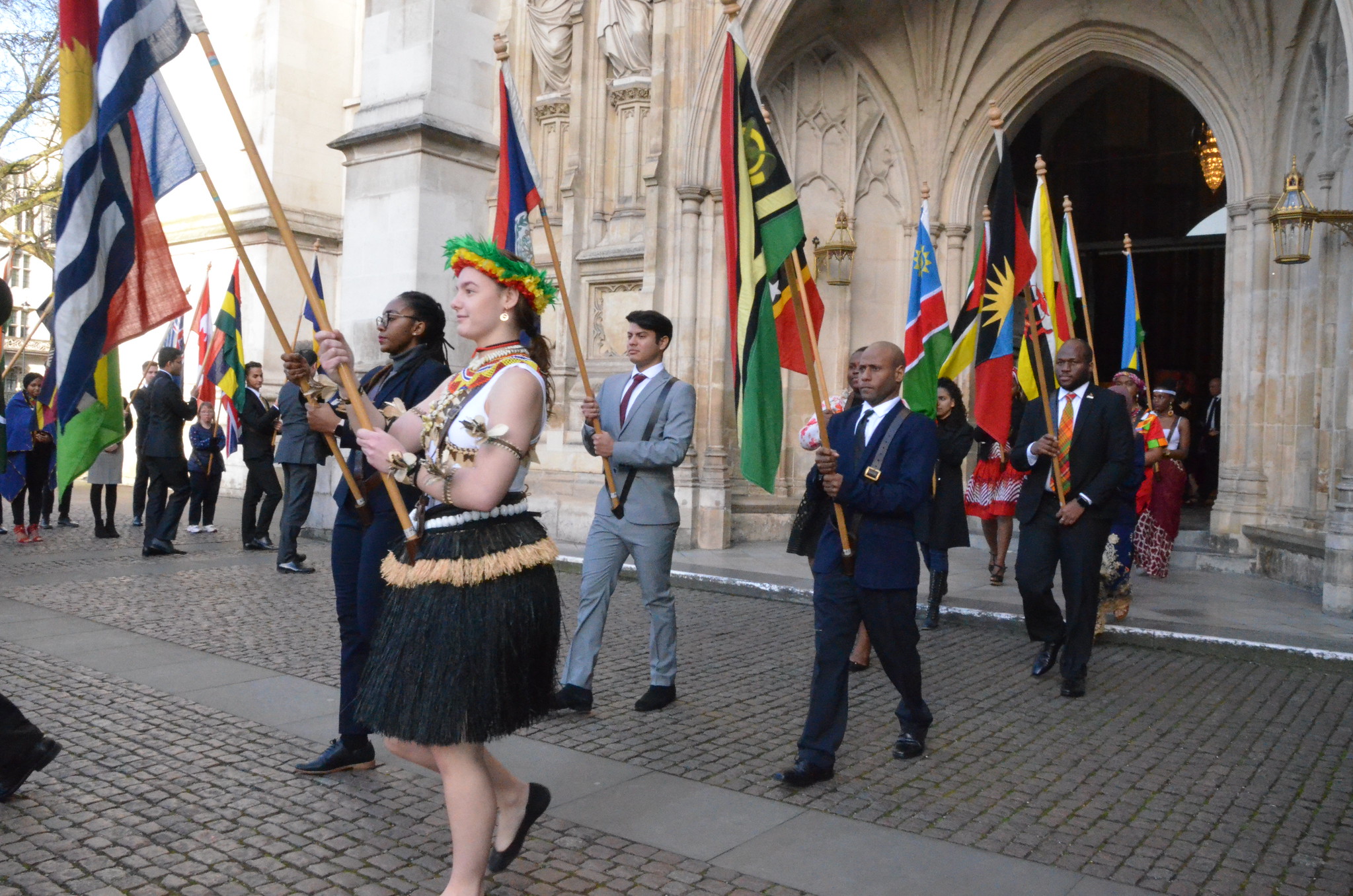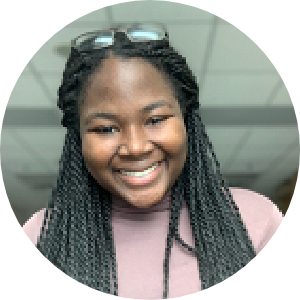Delivering a common future: Connecting, Innovating, Transforming
March 9th, 2020
As we celebrate Commonwealth Day, our nation states must create more opportunities for their citizens to connect. Ariana Joseph, 19, a Commonwealth Correspondent from Antigua and Barbuda, says free movement and interaction with other Caribbean countries have brought tremendous benefits to her country.
History is quite instructive: wherever people of different cultures and a common objective connect, there is a confluence of ideas that inevitably leads to innovation and transformation. They are able to build a richer and more enduring culture and develop trust and respect for each other.
When Afro-Caribbean societies emerged from their post-slavery experience, it took them some time to adjust to their new reality. Having emerged from a common crucible, one would have thought that they would have worked together to forge a common future. However, that was not always the case.
Although they were able to establish a common university and even a world-famous cricket team, insularity has plagued even these two institutions that are best known and best define the West Indies.
I will not be able to delve into all the intricacies and processes that underpin modern or even post-modern Caribbean societies which have retarded our common future in this article. However, I intend to look briefly at how it affected West Indian development, and how the state of Antigua and Barbuda in particular has sought to grapple with this phenomenon.
Several attempts to unite the English-speaking Caribbean countries into a federation came to a screeching halt in the early 1960s. The larger territories were mainly concerned about opening up their doors to their fellow compatriots from the small islands.
As we celebrate Commonwealth Day this year, it is crucial that we understand the need to provide a platform for our peoples to connect to create a better future.
Over the years, an attitude of superiority seemed to have developed within the larger territories, leading to doubts over what the small islands could offer. This attitude even persisted within West Indian cricket for many decades.
After the collapse of the West Indian Federation, the late Sir Vere Cornwall Bird—the first prime minister of Antigua and Barbuda—was disappointed that the experiment had not worked. But he was undaunted. He returned to Antigua resolved to continue fighting for the realisation of a pan-Caribbean vision, where all anglophone Caribbean countries would be united under one economic and political umbrella.
When these countries came together in the Caribbean Community (CARICOM) under the Treaty of Chaguaramas, this for him was only a stepping stone to the fulfillment of that vision.
The late Sir Bird, believed one of the ways to connect our countries politically and economically was through free movement within the region. Free movement, he believed, would lead to a burst of new ideas that would propel the economic engine of our country and broaden our cultural experience.
Ever since the 1980s, there has been mass movement of people in and out of our country–from Guyana, Jamaica, and other English-speaking Caribbean territories further afield.
Since the implementation of this vision, our country has noted the transformation in our economy. We experienced unprecedented development during the 1980s, which has continued to date.
Literacy and mortality rates have improved, and increased access to secondary, vocational, and tertiary education is unprecedented. There have been major advances in culture and sports.
Antigua and Barbuda is a better place today because it opened its doors to our Caribbean compatriots. Our country is richer and more diverse because of our shared experiences.
As we celebrate Commonwealth Day this year, it is crucial that we understand the importance of the need to provide a platform for our peoples to connect to create a better future.
Photo credit: Commonwealth Day 2019/ Commonwealth Secretariat
About me: My ambition is to become a cardio-thoracic paediatric surgeon. In preparation for this, I am pursuing a double major in biology and chemistry. I intend to go on to study towards a medical degree once I complete my undergraduate studies, pursuing research in genetics. I hope to eventually establish a medical services centre. I have a passion for reading, writing, playing the violin, and engaging in community service projects. I am presently enrolled at Saint Mary’s University, Canada.
Opinions expressed in this article are those of the author and do not necessarily represent the views of the Commonwealth Youth Programme. Articles are published in a spirit of dialogue, respect and understanding. If you disagree, why not submit a response?
To learn more about becoming a Commonwealth Correspondent please visit: http://www.yourcommonwealth.org/submit-articles/






